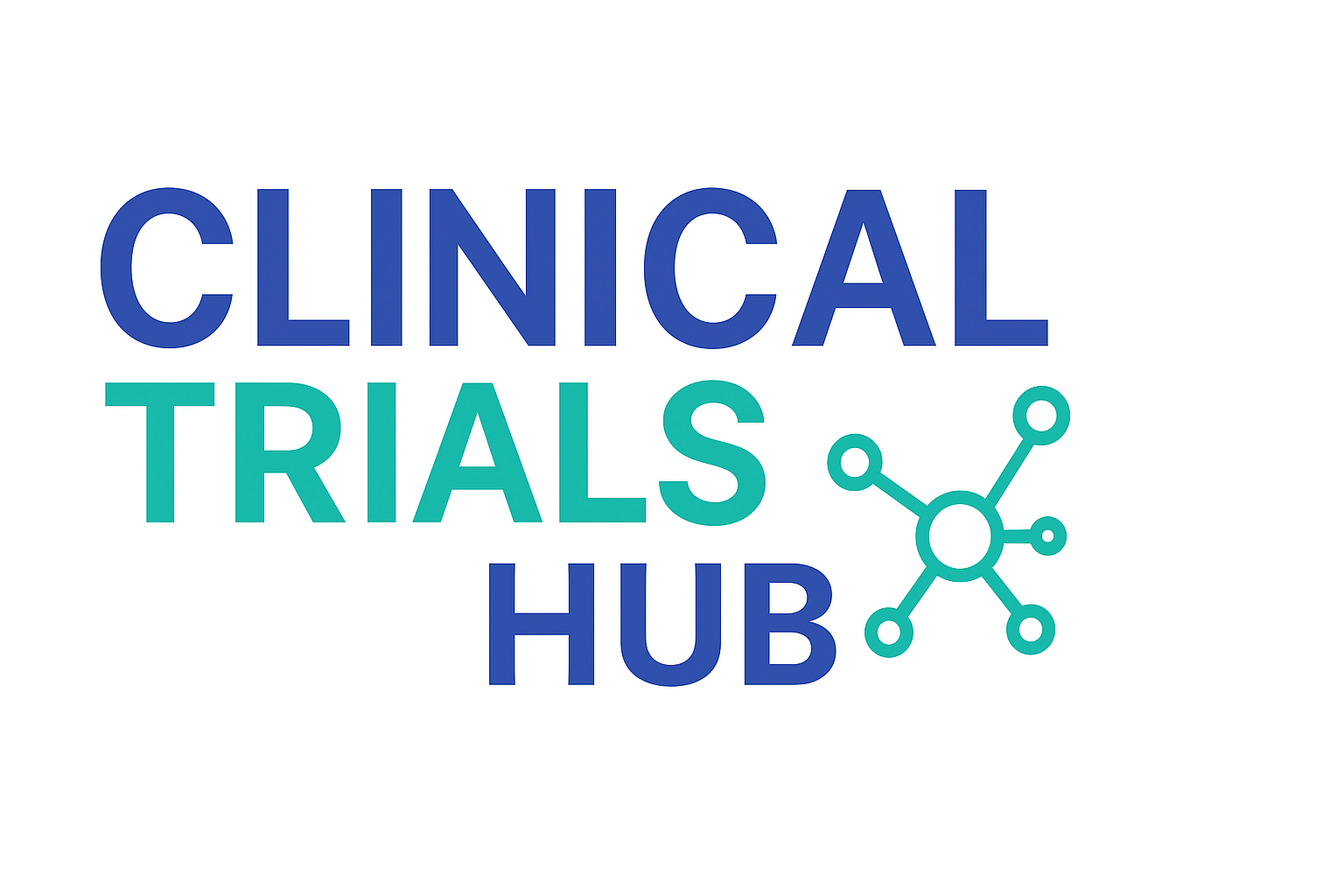New early trial results suggest that an experimental drug called ONC206 could offer potential hope for children with a devastating form of brain cancer known as diffuse intrinsic pontine glioma (DIPG).
ONC206 is being developed by Chimerix and was tested on two children with DIPG in a phase 1 trial. According to researchers, one child experienced a partial response, while the other maintained stable disease for over six months. These results were shared by Dr. Sabine Mueller, a pediatric neuro-oncologist at the University of California, San Francisco, and a lead investigator of the study.
“We are cautiously optimistic,” said Dr. Mueller. “We’ve seen some signals that this drug is doing something in a disease where very little has worked before.” DIPG is known for being extremely aggressive and difficult to treat. It typically affects children aged 5 to 10, and most patients survive less than a year after diagnosis.
The phase 1 trial, presented at the International Symposium on Pediatric Neuro-Oncology in Hamburg, Germany, focused on evaluating the safety and initial effectiveness of ONC206. The drug works by targeting a family of proteins involved in cancer cell growth. It is a second-generation version of ONC201, Chimerix’s earlier developmental drug.
Dr. Mueller cautioned that more testing is needed. “This is just the beginning,” she said. The company plans to expand the clinical trial to include more participants later this year.
Chimerix is also studying ONC206 in other brain cancers in both adults and children. So far, the drug has shown manageable side effects, mostly fatigue and nausea, according to researchers.

